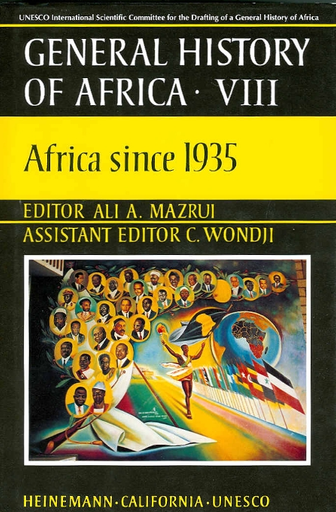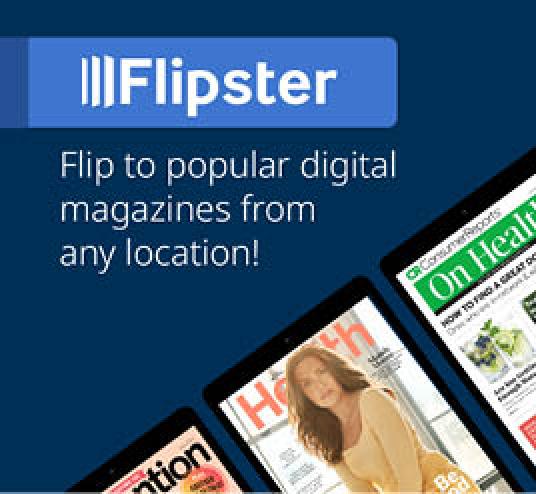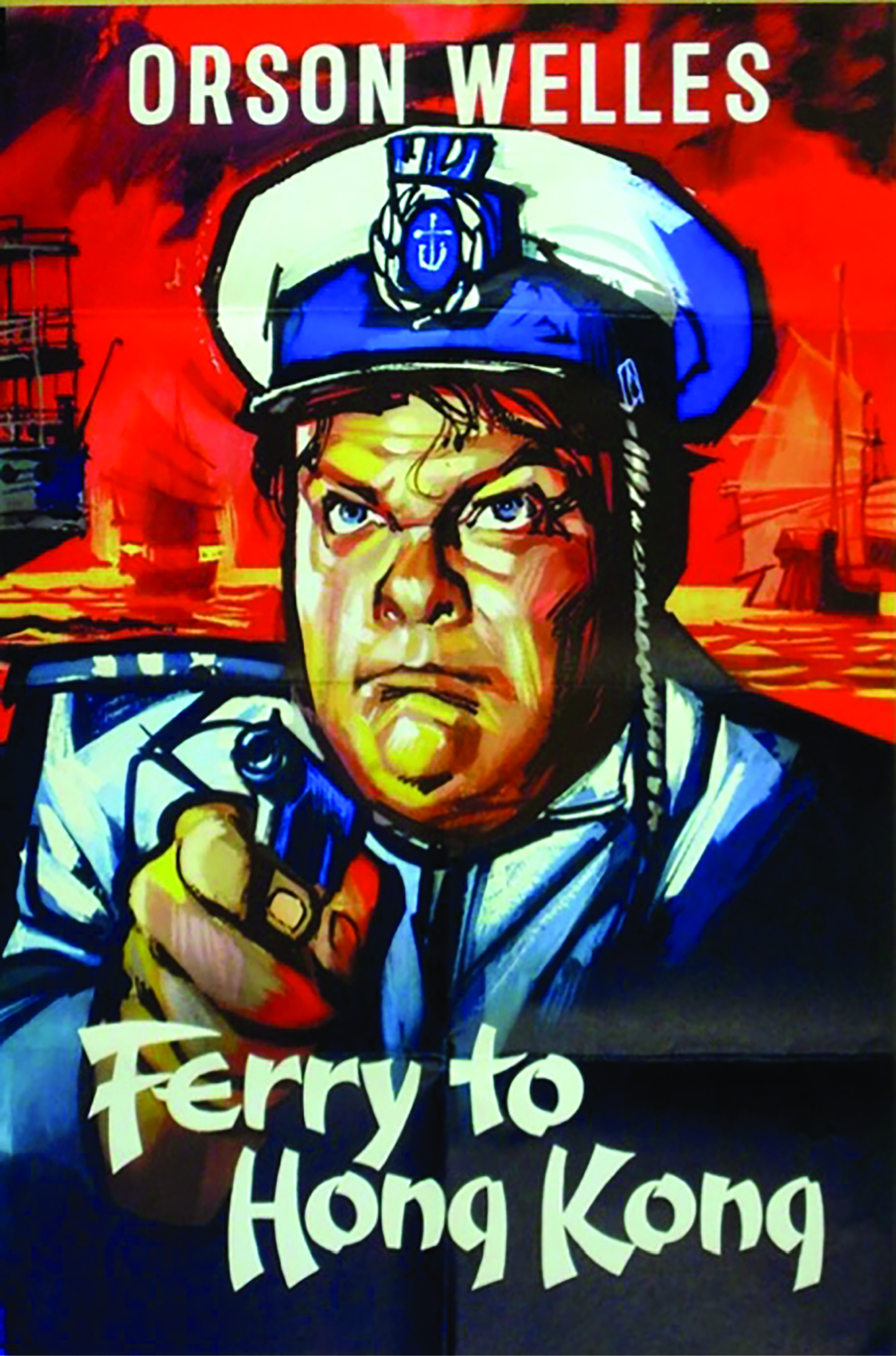Ng The Man without a Country: British Imperial Nostalgia in
Por um escritor misterioso
Descrição
lt;p>On New Year’s Eve 1959, <i>Ferry to Hong Kong</i> was screened at the Lee Theatre and the Astor in Hong Kong. Produced by Rank as its first CinemaScope feature, the big-budget movie tells the real-life tale of Steven Ragan (he was also known as Michael Patrick O’Brien), a stateless drifter who was stuck for ten months on the ferry sailing between Hong Kong and Macau from September 18, 1952, to July 30, 1953. The British film was Rank’s major Anglo-American joint venture of the year. Positioned within Cold War contexts, <i>Ferry to Hong Kong</i> could be seen as a British cultural-diplomatic response through cinematic soft power to reestablish national assurance on Asian Cold War fronts, following the 1956 Suez Canal debacle that witnessed the death of Britain’s imperial might at the hands of the Eisenhower administration. Unlike such vaunted Hollywood pictures as <i>Soldier of Fortune</i> (1955), <i>Love Is a Many-Splendored Thing</i> (1955), and <i>The World of Suzie Wong</i> (1960), which imagined the incursions of American white knights into Hong Kong (as a stand-in for China), <i>Ferry to Hong Kong</i> conveyed imperial nostalgia and loss. The film turns the antihero into a paragon of British gallantry who saves the passengers and refugees from the hands of Chinese (Communist) pirates. The sinking ferryboat is the traumatic device used to recall British naval war stories and retell romantic and narcissistic tales of British valor and international influence. More than an adventure of a vagabond, <i>Ferry to Hong Kong</i> was an espionage thriller in uneasy disguise. The film preceded Gilbert’s three James Bond films, all of which affirmed the power of the individual in cracking transboundary networks of espionage and political intrigue.</p>

The Dangerous Trend of Imperial Nostalgia – It's not Just Russia

The myth of Brexit as imperial nostalgia

Development and Deterioration by Retrospect Journal - Issuu
is the story of American Army lieutenant Philip Nolan, who renounces his country during a trial for treason and is consequently sentenced to spend

The Man Without a Country

Britons are more nostalgic for empire than any other former

Empire: The British Imperial Experience From 1765 To The Present

Among Others: Walton, Jo: 9780765321534: : Books

Colonialism' Review: Empire Without Apology - WSJ

Africa under British and Belgian domination, 1935-45

Home Ela Area Public Library

Britain's Willing Imperialists

The Man Without a Country by Hale, Edward Everett

Ng The Man without a Country: British Imperial Nostalgia in
de
por adulto (o preço varia de acordo com o tamanho do grupo)







